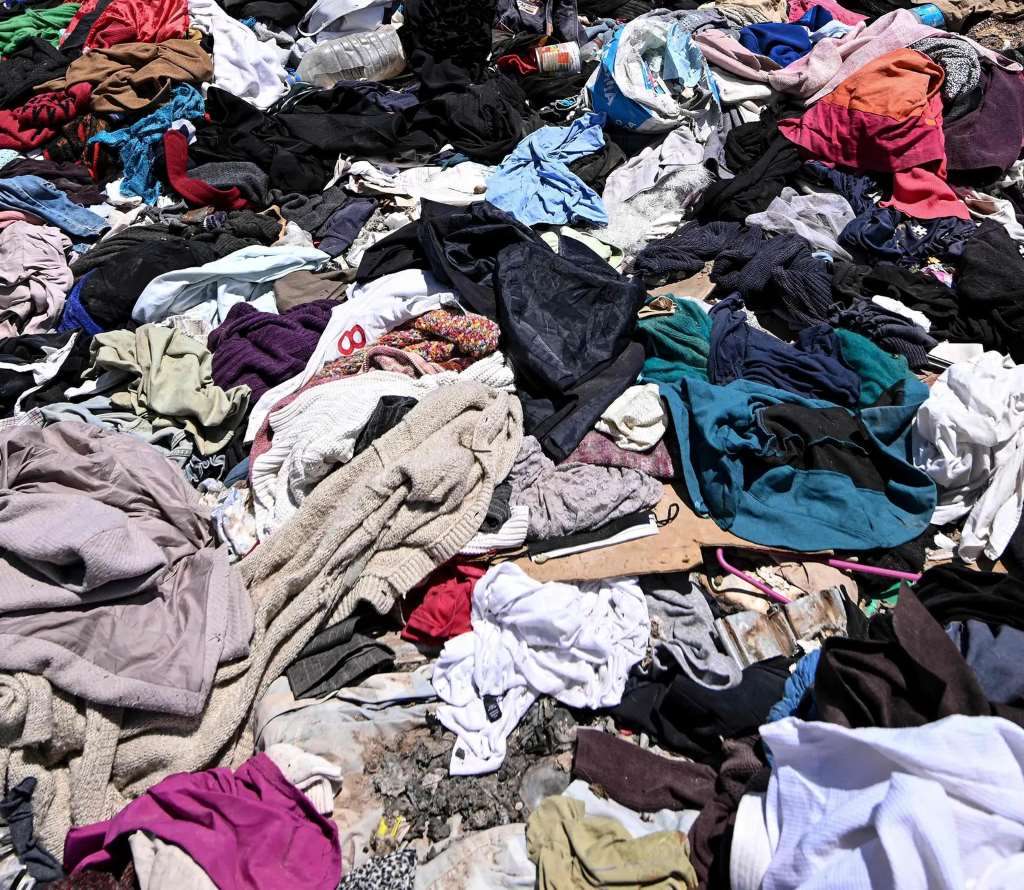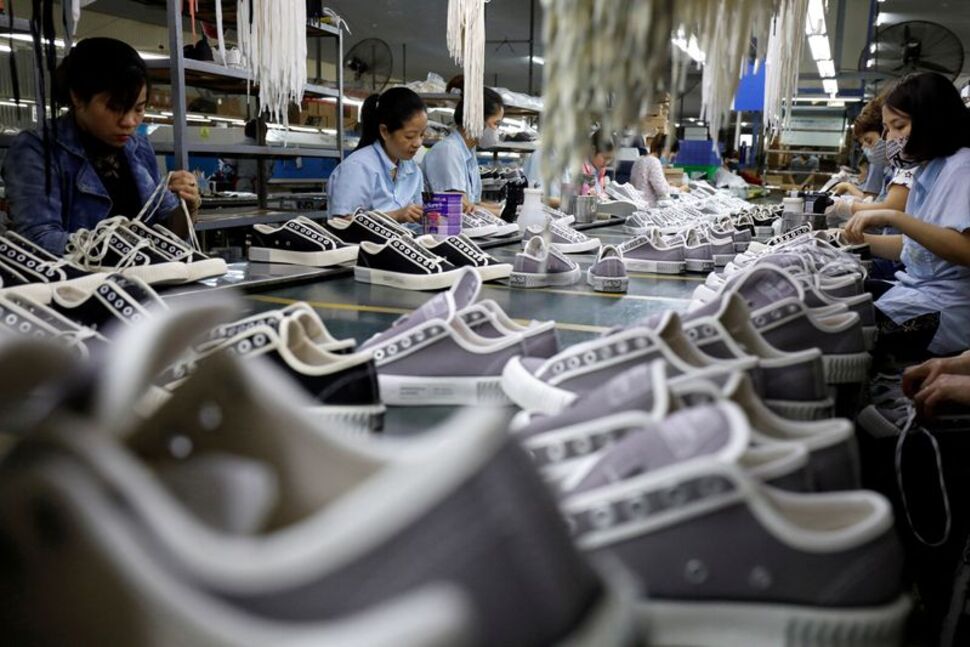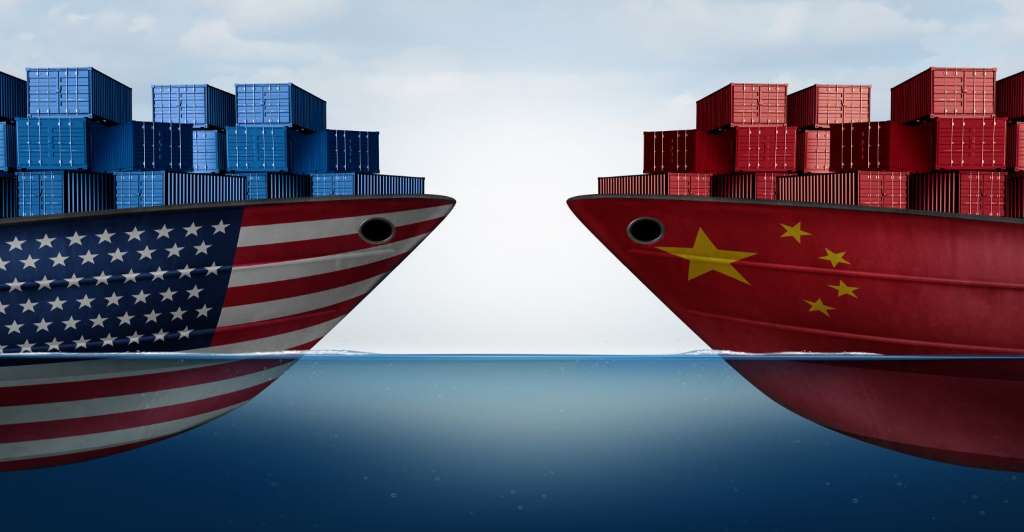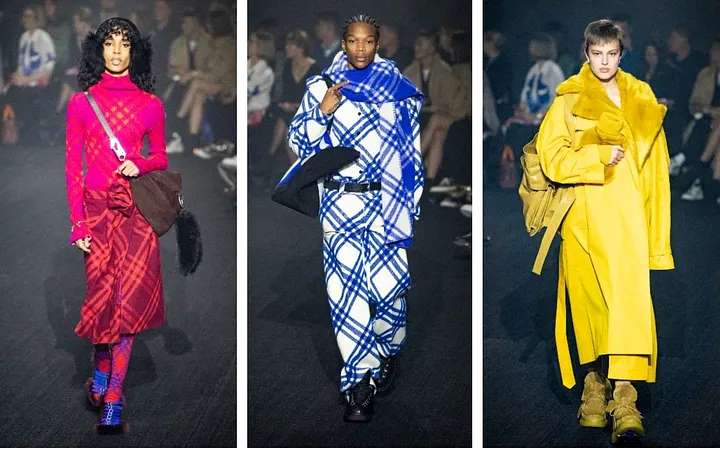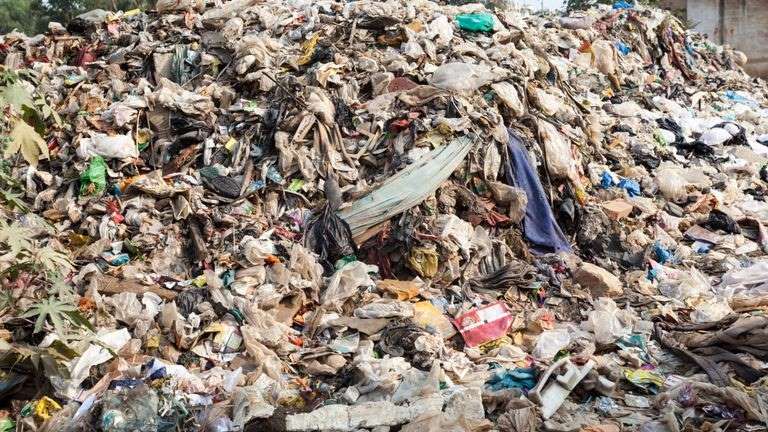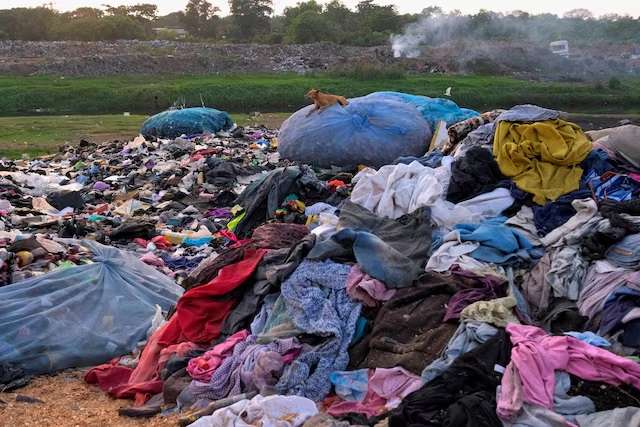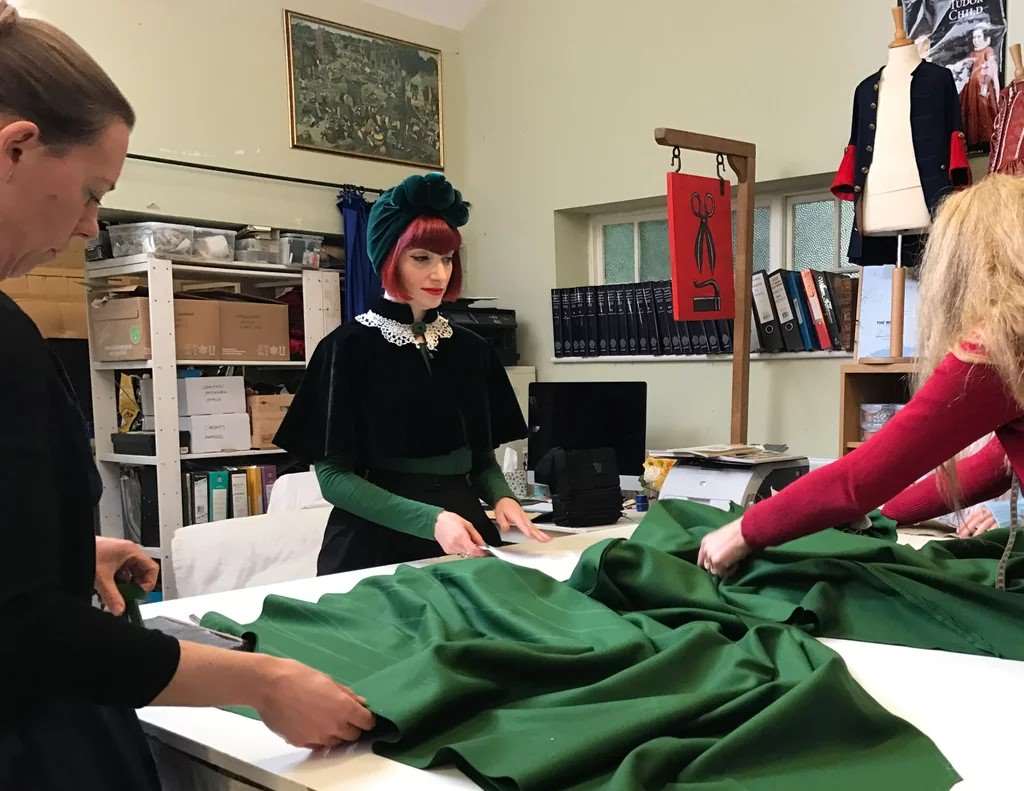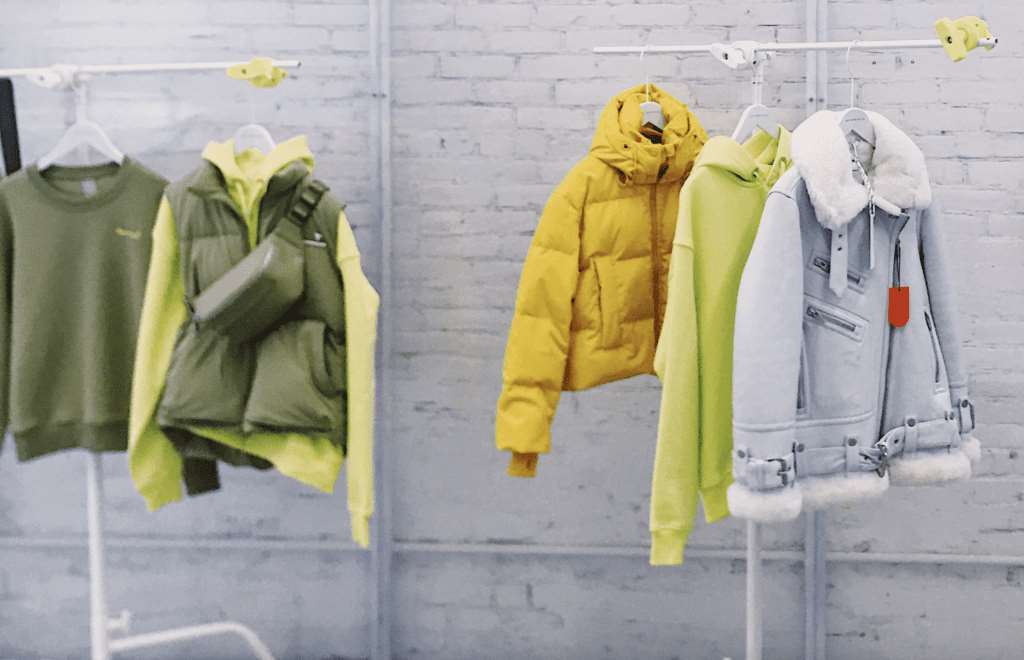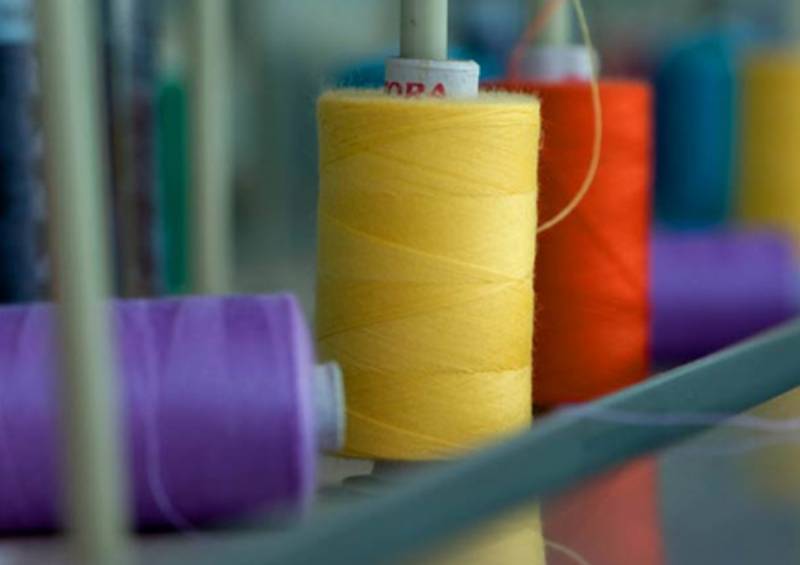FW
Tau Investment Management will invest $200 million in the readymade garment and textile industries of Bangladesh. Tau Investment Management is a US private investment firm. It infuses capital into textile factories of various countries to address their social, environmental and efficiency issues. The group has a $1 billion fund. It has now launched Tau Bangladesh and plans to set up a regional office in Hong Kong to provide a hub from where it can target the textile industries of Indonesia, Cambodia, Vietnam, China.
Tau plans to acquire minority stakes in factories and to be an active owner. Modernisation and transformation of the country's apparel and textile industries will be the prime focus of its Bangladesh investment plan. It is ready to invest in a few garment makers that generate annual sales of over a $100 million and will provide them world-class expertise along with access to low-cost financing sources.
For Bangladesh, Tau aims at improving the supply chain of target companies through upgrading and de-risking textile supply chains, and intends to make the companies attain international standards in terms of becoming socially responsible and compliant.
tau-investment.com/
Mauritian textile and apparel manufacturers hope the AGOA trade preference program will be renewed. AGOA (African Growth and Opportunity Act) is set to lapse in a year. It provides duty-free entry into the US for certain goods. The act came into force in 2000. It aims to assist the economies of sub-Saharan Africa and improve economic relations between the US and the region.
The program has expanded market access for textile and apparel products into the US for eligible countries. Mauritius, in particular, is one of the leading beneficiaries of the AGOA provisions. Mauritius is the fourth-largest exporter under AGOA, exporting primarily apparel products.
The trade deal helped Mauritius grow its exports to the US. It is the country's second largest export market behind the UK, accounting for around 18 per cent of textile and apparel exports in 2013. For many Mauritian manufacturers, the US is not only an important customer but in some cases accounts for their total business. The benefits Mauritius gets from its EU trade deals are more challenging, with duty set at around 10 percent. The benefits Mauritius has through the AGOA deal make the US a more appealing market to trade with.
trade.gov/agoa/
Bayer has developed a complete product range for a large number of synthetic leather and specialty coated textile materials. These can be used in footwear, apparel and accessories for fashion and sport, in automotive interiors and in diverse technical and industrial applications. The company has more than 75 years of experience in polyurethane development.
In recent years, Bayer has focused its development of products for textile applications in the area of waterborne polyurethane dispersions – coating materials that do not utilize solvents. The products have now reached such a stage of development that they give synthetic leather and coated textiles producers an enormous range of possibilities of hand feel, look, mechanical and chemical durability, while at the same time permitting the conversion to manufacturing processes that don't use solvents and may also consume less energy and less water.
Recognizing the increasing pace of change in the textiles industry, Bayer realigned its approach to the market, creating a global team of textile industry experts dedicated to serving this sector. The company also counts on multi-purpose pilot coating line facilities that make for a strong material development capability that benefits textile manufacturers and the different industries that consume textiles, from fashion and sports to automotive and other industries.
www.bayer.com/
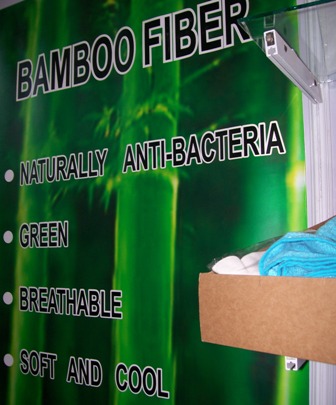
Talking about the company, Sachin Doshi, Director, Tenbro says, “Tenbro manufactures natural fibres. The President of Tenbro is also the President of New Fibre Manufacturing Association in China. We work with a lot of brands globally and now will be working with the Tata Group.”
Natural fibres gain traction
Tenbro fibres are made from Bamboo. These are naturally antibacterial because 
There are other natural products made from soyabean, corn, milk, banana even pineapple. Those are expensive and not commercially viable. “We are doing products that are commercially accepted. In India, we are doing well. Our clients include Trident, RSWGM, Welspun and Pallava, among others,” Doshi informs.
Export potential of Bamboo
Doshi believes bamboo exports will definitely increase with time. Earlier, the US had major problems accepting it. “We made a presentation explaining the difference between viscose and Bamboo fibre. Now, acceptability is increasing. No more do they claim that we are supplying viscose in the name of bamboo fibre,” he adds.
Talking about the difference, Doshi says, viscose is a process. “What’s important to note is the pulp used during the process. In viscose, we have to use soft wood pulp. Some use Eucalyptus pulp but the trees take a lot of time to grow. We use bamboo, which grows fast. So it is more convenient, natural and doesn’t harm the environment since the replacement process is faster in Bamboo cultivation,” he elaborates.
www.tenbro.com
Addressing a meeting called to review power related issues in Pakistan, All Pakistan Textile Mills Association Punjab chairman SM Tanveer said that there is a need for special power tariff for textile industry. He insisted that the government should look into providing regionally competitive tariff along with uninterrupted gas and electricity so that the industry can take advantage of the GSP Plus facility provided by the EU.
He pointed out that while the electricity tariff in India is 10.5 cents, in Bangladesh 10.75 cents and in Sri Lanka it is again 10.75 cents, in Pakistan the tariff is 15 cents, which is 45 per cent higher as compared to the neighbouring countries. So industry players have to pay double tariff compared to the tariff offered by other countries to their trade and industries, leaving Pakistan uncompetitive and unviable in the international market.
APTMA Punjab Chief added that due to severe load shedding losses to the textile industry are unbearable and the cost of production has increased manifold as compared to competitors in the region. The viability of the industry will be totally eroded if the government fails to resolve energy-related issues.
He also informed that due to load shedding and shortage of gas supply as well as rising production costs, during the last few months, about 375,000 spindles have stopped operation in Lahore and Faisalabad, some 312,000 in Multan and 158,000 in Rawalpindi. Production of more than 100 spinning mills have also been reduced in Punjab as the industry is operating only in one shift.
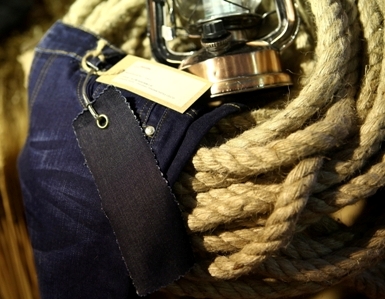
Advantage for domestic market
With China’s middle and upper classes rapidly following western fashion trends, denim 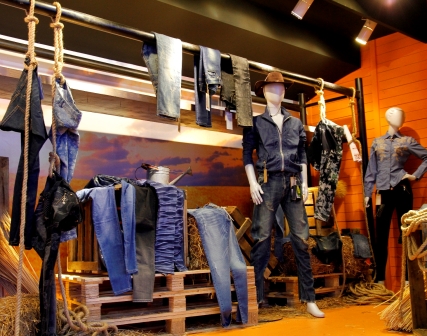
The enlarged 2014 Beyond Denim hall – revamped by the renowned French Studio, the NellyRodi Agency will highlight wash innovations, the latest technology, sustainable practices and premium denims, making it an excellent platform for exhibitors from overseas and China to present the latest denim trends to buyers. Well-known brands looking for denim and casual wear fabrics in 2013 included Abercrombie & Fitch, DKNY Jeans, Giordano, H&M, New Yorker, Perry Ellis International and Zara. With a much larger exhibiting area a wider range of products will be on display, from traditional and fashionable denim fabrics to new and environmentally friendly items, and the hall is expected to attract attention from a large number of both Chinese and overseas buyers.
At the 2014 fair, Intertextile Shanghai Apparel Fabrics will once again feature distinctive show highlights including SalonEurope, the Milano Unica Pavilion, Verve for Design, All About Sustainability, trend forums, an accessories trend forum and fashion shows.
Intertextile-shanghai-apparel-fabrics-autumn.hk.messenfranfurt.com
The Woolmark Company debuted at this year's Blueprint trade and consumer show, presenting Wool Denim fabric. Held on May 8 and 9, Blueprint is part of the larger Amsterdam Denim Days events showcasing all products in denim.
With an aim to increase the share of wool worn by consumers, the Woolmark Company is promoting wool blended with denim. While blending wool with cotton is not a new concept, improved manufacturing processes and a wider acceptance of denim apparel in both social and work places has given wool the opportunity to have a greater presence in this area. The global authority on wool will presented a 'new' Wool Denim at Blueprint that uses exactly the same warp yarn as traditional denim, but replaces some, or all, of the weft yarns with machine-washable wool to deliver a high-performance denim fabric.
Previous attempts to create wool/cotton blends in denim have used an intimate blend of wool with cotton -- two fibres which are not easy to combine in a yarn. Yet by replacing some, or all, of the weft yarns with wool, a higher performance and more cost effective fabric can be produced.
Wool Denim, apart from having features like strength and versatility also has the extra resilience, elasticity, odour resistance, moisture management and most importantly warmth found in wool. Wool adds an extra element of warmth even in the coldest of winters and takes the initial chill out of putting on regular denim jeans.
www.woolmark.com
Two projects jointly undertaken by the Institute of Textiles and Clothing (ITC) and the Hong Kong Research Institute of Textiles and Apparel (HKRITA) bagged awards for their multi-faceted innovations presented during the 42nd International Exhibition of Inventions of Geneva. Smart impact protective 3D-spacer fabrics of adaptive Stiffness by Hong Hu, Professor John Xin, Yanping Liu, Allan Chan and Huawen Hu won a gold medal.
Well balanced between protective performance and comfort, the new fabric is an ideal textile material to substitute polyurethane foams and rubbers which are currently used to produce high-performance protective garment and equipment.The special features and advantages of the invented material are high protective performance that meets Standard EN1621-1:1997, excellent comfort properties due to high air permeability and flexibility, good shape-adaptability of auxetic fabric to body curvatures and easy caring and cutting to any required size and shape.
A novel wearable thermal functional textile with conductive materials by Li Li, Kam Man Wan, Jia-hui Tong, Yuan-fang Zhao, Yeuk-fei Chan, Yin-ting Chui and Su Liu bagged a silver medal. The aim of this project is to develop a new generation of thermal textiles and specific manufacturing processes based on wearable electronic technology which can be incorporated textile products for the provision of temperature control both in general apparel and in specialist medical applications.
This is a pilot study to establish a systematic approach to design conductive textile stitches. Once developed, these thermal textiles can be applied in the production of outdoor apparel, home thermal products, healthcare and medical applications, and other potential areas where soft thermal comfort is required.
The maiden Kingpins Denim trade show in Amsterdam that took place on May 7 and May 8 saw around 40 companies exhibiting their range. Many industry professionals attended the show’s first edition housed in the Westergasfabriek.
Kingpins brought together big industry players besides its partners Lycra and E3, Tavex, Candiani Denim, Atlantic Mills, Advanced Denim, the French company Velcorex among others. Some of them were also present at Denim by Première Vision in Paris, or in the Blue Zone of Munich Fabric Start.
While Kingpins ended on May 8, Amsterdam Denim Days will continue. The event built around the new trade show will see Modefabriek held on May 9 to 10 along with Blueprint, its exhibition space open to the public. Denim fans will witness display by labels like Diesel, Pepe Jeans London, Denham, Scotch & Soda and others.
The Kingpins Show is an invitation-only, boutique denim sourcing show featuring a highly-edited selection of vendors that include denim and sportswear fabric mills from the US, Japan, China, India, Italy, Turkey, Egypt, Pakistan, Thailand, Spain and Mexico, wash houses, full package manufacturers, trim providers and business solutions. Kingpins launched in 2004, organises biannual shows in New York, Los Angeles, Hong Kong and Amsterdam.
The Accord, a platform of more than 150 brands, retailers and trade unions has decided not to pay wages to workers during suspension of production or closure of any factory. While Commerce Minister Tofail Ahmed asked the Accord to contribute to the workers’ payment, Accord said that it’s the factory owners’ responsibility to pay workers during factory closure.
The Accord will assist or provide funds when remedial work will be carried out. Commerce Secretary Mahbub Ahmed, Labour Secretary Mikail Shipar, Accord Executive Director Rob Wayys, Alliance Managing Director M Rabin, BGMEA President Md Atiqul Islam, BKMEA Vice President Md Hatem, ILO Country Director Srinivas Reddy and Department of Inspection for Factories and Establishments Inspector General Syed Ahmed, among others, were present at a meeting held after factory inspection.
The minister informed that so far 1,000 factories have been assessed by the Accord, the Alliance and BUET while only 20 factories have been identified as risky and 14 are being shut. Bangladesh enjoys duty free facilities in the EU market and 52 per cent of the total export goes to that market, he said stressing good relation with the EU.
www.bangladeshaccord.org

